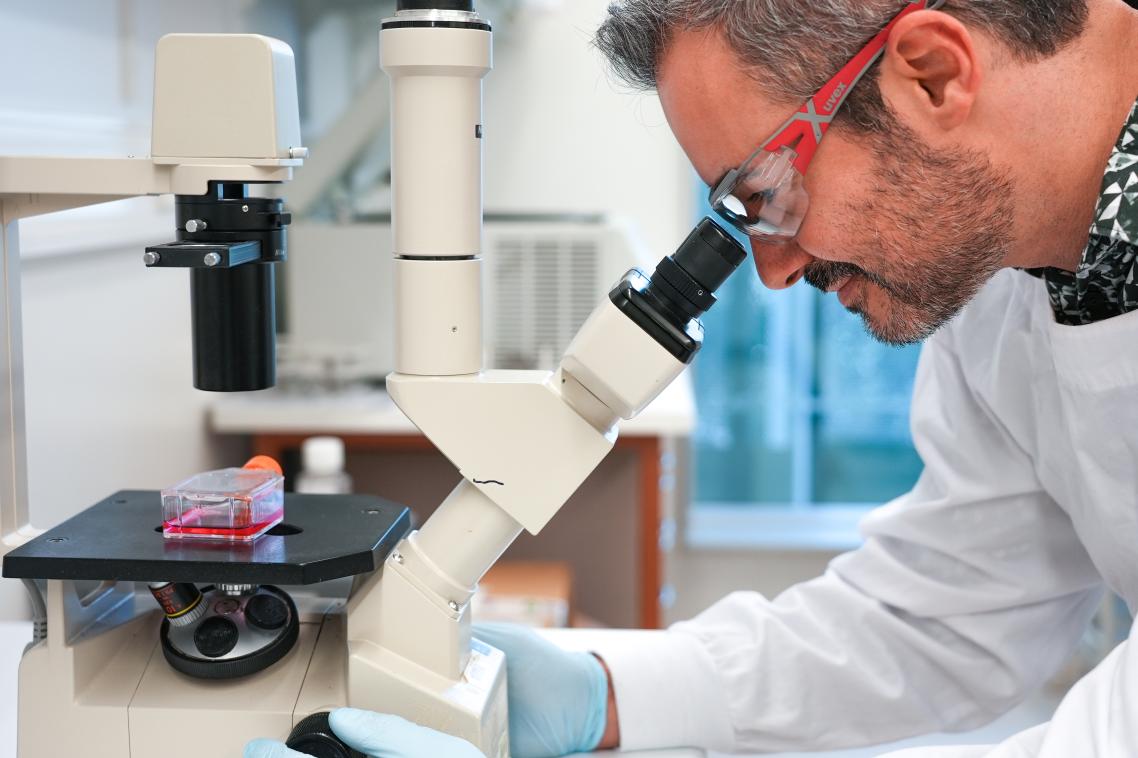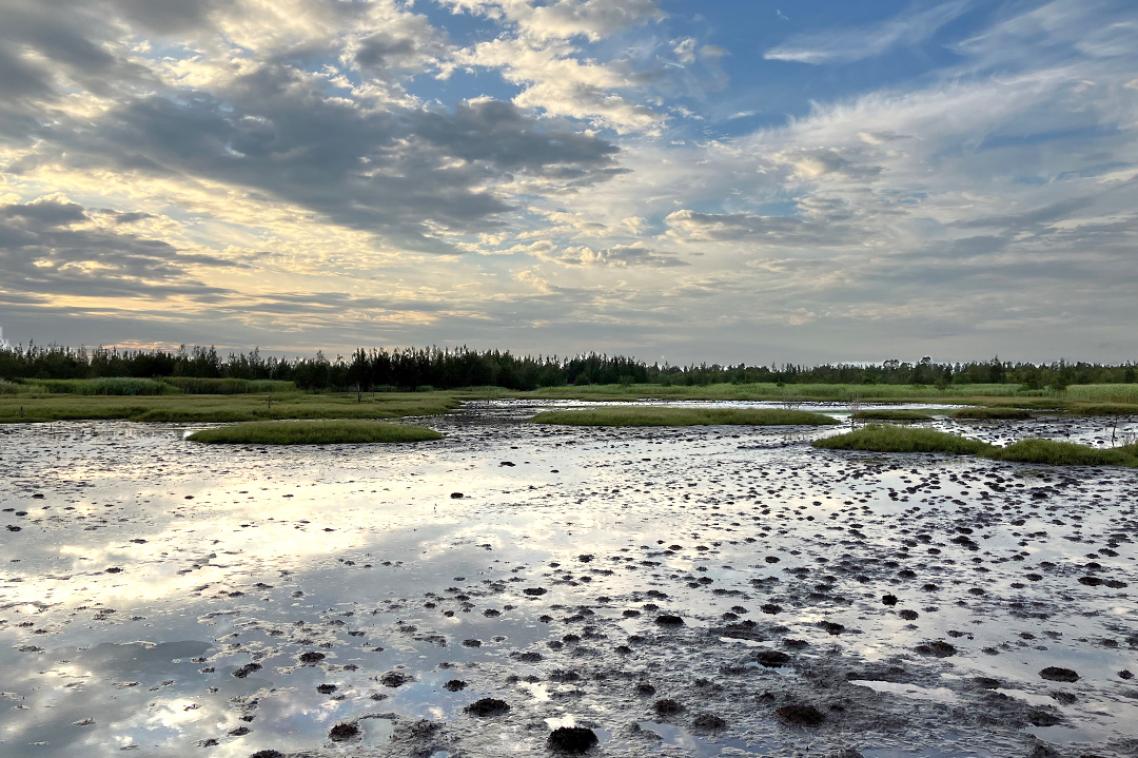Soil-searching for coastal benefits
University of Queensland Agriculture Department researchers are involved in some dirty work that could have financial and environmental benefits for the State's coastal areas.
As part of a collaborative research project with the Queensland Department of Natural Resources, lecturers Robin Thwaites, Dr Neal Menzies and agriculture PhD students are researching the character and management of acid sulfate soils, caused by drainage of low-lying coastal areas.
Mr Thwaites said acid sulfate soils caused major damage to coastal ecology and hindered construction of developments in estuarines and bays along the coastline of Queensland.
'Drainage of near-tidal zones, mostly in mangrove areas, can lead to acid-sulfate soil oxidisation if sulfidic sediments are present,' Mr Thwaites said.
'The oxidisation of high concentrations of iron sulfide in the sediments can produce extremely acidic drainage water - basically sulfuric acid.
'This has had catastrophic effects on aquatic and coastal marine fauna and flora, as well as providing a huge headache for developers when they see their pilings, construction footings and drainage pipes literally being eaten away in a matter of months.'
The team is currently establishing where acid sulfate soils occur, and investigating the composition of the coastal sediments. Much of the work is being undertaken in the field, with researchers taking soil samples in mangrove areas at depths of three metres or more.
Mr Thwaites said the problem was increasingly highlighted by industry and local governments as a major concern.
'Early estimates indicate that there may be as much as 2.3 million hectares of acid-sulfate soil along the Queensland coast - wherever there are, or have been, mangrove areas,' he said.
He said while the best way of dealing with acid sulfate soils was prevention, this was not always possible given the amount of coastal areas affected.
'Our research will identify the hazards, so if these areas do need to be developed, developers are aware of the potential problems, know to be very careful, and be able to deal with them.'
The study is funded by the National Landcare Program.
For more information, contact Mr Thwaites (telephone 3365 1689).
Related articles

A path forward for childhood cancer

Index unlocks a market for nature recovery work
Media contact
UQ Communications
communications@uq.edu.au
+61 429 056 139
